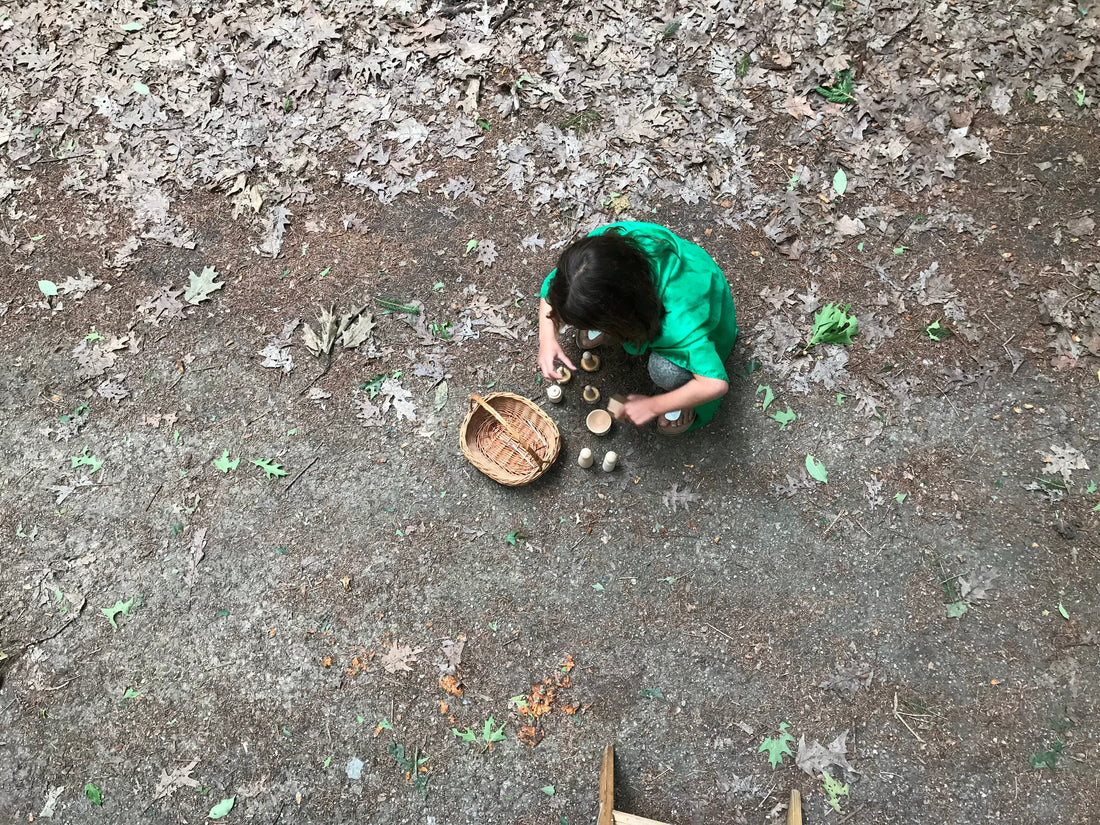
Solitude might just be the solution
Share
The Importance of Boredom in Children's Development
In a world where digital devices provide constant stimulation, the idea of boredom may seem outdated—something to be avoided at all costs. However, boredom plays a crucial role in a child's development, fostering creativity, independence, and problem-solving skills. As Joshua Becker highlights in his article The Danger of Neglecting Time Alone, "there is great, life-changing power in finding silence and pursuing solitude."
The Value of Solitude in a Constantly Connected World
Becker argues that our modern era is characterized by an unrelenting stream of information and social interaction, often leaving no space for quiet reflection. This perpetual connection can lead to a constant need for external validation, an exaggerated sense of urgency in communication, and even an inability to appreciate the present moment. For children growing up in this environment, the lack of downtime can inhibit their ability to develop a strong sense of self.
Why Boredom is Essential for Development
-
Fuels Creativity and Imagination
When children experience boredom, they are forced to create their own entertainment. This might mean inventing a game, drawing a picture, or constructing a story—all of which stimulate their imagination in ways that passive consumption of media cannot. -
Encourages Problem-Solving and Innovation
Without immediate solutions handed to them by screens or adults, children must find their own ways to occupy their time. This problem-solving practice translates into resilience and resourcefulness, skills that are invaluable in adulthood. -
Develops Emotional Intelligence
Solitude allows children to process their emotions and thoughts without distraction. In contrast to the pressure of social media, which can amplify comparison and self-doubt, moments of quiet help children understand themselves better, building self-awareness and emotional stability. -
Fosters Independence and Confidence
Learning to enjoy one’s own company fosters self-reliance. When children realize they don’t need constant entertainment or validation from others, they develop a sense of autonomy that will serve them well throughout life. -
Enhances Focus and Deep Thinking
When children are constantly stimulated, they may struggle to engage in deep, meaningful thinking. Time alone allows them to wonder, hypothesize, and explore ideas, developing cognitive skills that are just as vital as literacy.
Creating Space for Boredom
Parents and educators can cultivate an environment where boredom is not seen as a problem but as an opportunity. Here are some ways to encourage meaningful solitude:
- Limit screen time to ensure children have time to develop their own ideas and activities.
- Encourage unstructured play, allowing kids to create their own games without adult interference.
- Model solitude and reflection by engaging in quiet hobbies like reading, journaling, or taking walks.
- Provide open-ended materials such as art supplies, building blocks, and musical instruments to inspire creativity.
- Allow time for daydreaming, ensuring children are not over-scheduled with activities.
Conclusion
Just as literacy is essential to a child’s development, so too is the ability to be alone with their thoughts. The ability to wonder, imagine, and create is a fundamental skill that will serve them for a lifetime. In our always-connected world, we must recognize that moments of boredom are not voids to be filled but opportunities for growth. By allowing children the space to explore their inner worlds, we give them the tools to build richer, more independent, and fulfilling lives.
